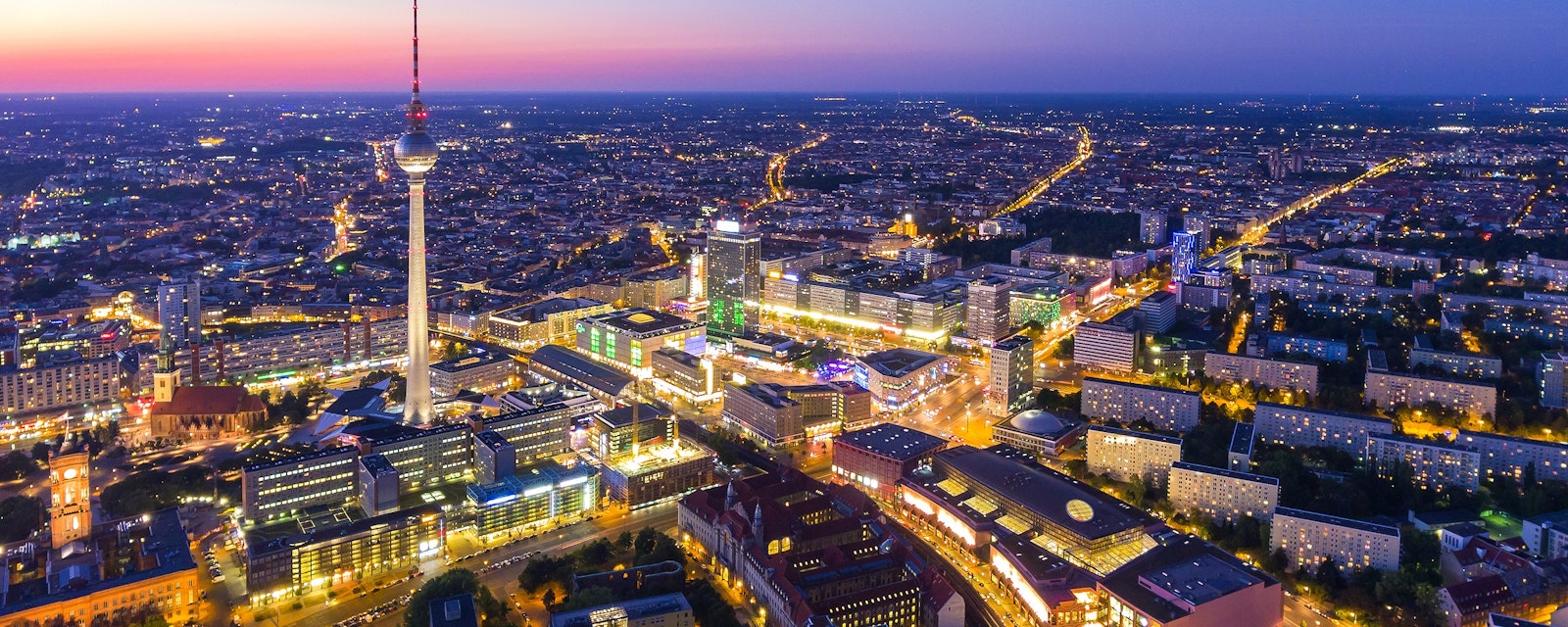Government and opposition have reached agreement on the EUR 100bn special fund for investment in the armed forces. As the fund – to be financed exclusively via new debt issuances – will be located outside the normal budget to circumvent the debt brake rule, constitutional change is required via a two-thirds Bundestag majority.
The respective vote might occur as soon as this week, alongside passage of the 2022 budget (delayed by government formation after the September 2021 elections). This will feature some EUR 140bn in new debt, including the previously announced EUR 40bn economic support package in light of the Ukraine war.
Politically, the budget will mark the end of the coalition consensus on spending. After weak regional election results for his FDP, Finance Minister Christian Lindner has left no doubt that the 2023 budget will deliver on his promise and return to the constitutionally mandated debt brake. But after an equally mixed start to the year, the SPD is already calling for a new “climate allowance” to support lower-income households amid elevated energy prices. These domestic debates might intensify in the run-up the 9 October Lower Saxony polls, rivaling Ukraine for attention.
Foreign Secretary Annalena Baerbock (Greens) has already warned of public war “fatigue”. Fears are growing that amid the cost-of-living crisis, the so far allegedly unanimous public support for Ukraine might wear off. However, these concerns probably overestimate the degree of popular unity in the first place. They tend to confuse the, indeed, rather homogenous views and shared levels of emotional outrage at Russia among foreign-policy makers, academics, journalists, and political analysts with the situation in society at large.
Public opinion surveys have, instead, long pointed to a slightly more mixed picture, including deep divisions between East and West Germany on support for arms deliveries to Ukraine. Regarding “heavy weapons”, even the generally more supportive West of the country is split right down the middle. And while meagre SPD results in regional elections were painted as a rejection of Chancellor Olaf Scholz’s careful course on Ukraine, exit polls registered more mundane topics such as education and energy prices as top concerns on voters’ minds. A structural reappraisal of the importance of Germany’s military capabilities and deterrence is certainly underway, and public support for NATO membership is now overwhelming. However, it is simply not clear what exactly follows from this for supporting Ukraine specifically. Consider, for instance, how roughly two out of three Germans continue to fear that Russia might use nuclear weapons.
There should have long been doubts about the allegedly overwhelming popular backing for unequivocal support to Ukraine. Rather, the initial need for crisis response after Russia’s invasion may have provided rather homogenous foreign-policy elites with extra political agency and visibility. As this window may now be closing, the search has begun for forces allegedly threatening to undermine previous levels of unity. But a renewed focus on “populists” would be as predictable as misguided in this context. The Ukraine war is already reverberating far beyond debates on geopolitics, the SPD’s Russia links or Scholz’s alleged indecisiveness. As domestic questions around energy prices, inflation, public finances, and economic growth return to the fore, the chancellor will hope that his careful approach turns out to represent the true electoral center ground.





